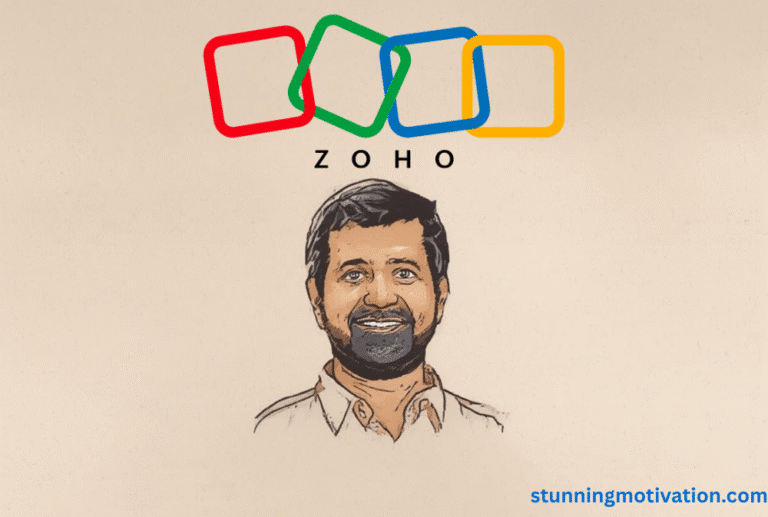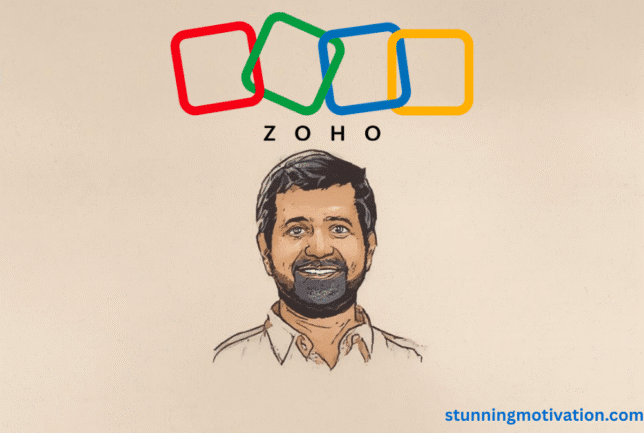Tick tock. You hear that? It’s an unnerving sound, and so it should be. It’s the sound of life ticking away and an abundance of potential going down the drain. People waste time when they could be doing something productive or important all the time – and it’s not a small amount of time either.
In 2012, the average time spent by internet users on social networking sites was 90 minutes per day. In 2017, that figure has reportedly increased by 50% to 135 minutes per day.
That’s over two hours spent scrolling through pointless memes and content on platforms that are designed to be addictive, and the worst part is that they’re doing it willingly. But why would so many people waste two hours of their time every day on their own volition?
Changing the Perception of Wasting Time
The problem isn’t just the technologically-saturated world that we live in, although that’s definitely part of it. The reason why people are prone to wasting so much of their time has to do with poor time management as well as the perception of the time in general.
It’s therefore prudent to view it in a different way. Attaching a monetary value to each hour of a person’s time is one way to do this, and helps to give a perception of the potential value of a person’s time. After all, this is exactly how jobs work: a construction worker will get paid $30 an hour and that is the value of his time because he is doing something constructive and productive to earn this wage.
But just because he is not getting paid for the time he is not at work does not mean this time is less valuable. Conversely, time spent developing a person’s potential has a compound effect, meaning that is has a high potential for value in the future.
If that same construction worker took a business course in the evening which later on would qualify him for a position that paid $50 an hour, the benefits of having not wasted that time and applied his efforts productively would have paid off.
Perhaps he learned Spanish every evening instead, and was offered the chance to work in a Hispanic country many years down the line as a result of his language learning.
In this case, the benefit might not be fiscal but it would be personally enriching, which is sometimes more valuable than money. When looked at from this angle, learning to manage time instead of squandering it on wasteful activities like scrolling through social media makes a lot of sense, at least where personal growth is concerned.
The Benefits of Time Management and Where to Start
The benefits of time management extend far beyond monetary value and, while not a walk in the park to achieve, can be gained with just a little daily discipline. The first step in this pursuit is understanding time and how to monitor it.
This part is simple: you need a watch and you need to check it often. It doesn’t have to be fancy but it should be reliable; a Seiko with a Japanese quartz movement, for example, is unlikely to break down any time soon. If you don’t want to buy a new one, you can always scour secondhand watch sites like Chrono24 to look for something more affordable.
Once you have your watch or another timekeeping device, you’ll need to get a journal and a calendar. Both of these are essential tools which will help you keep appointments, write down a list of things you need to get finished, and prioritize realistic goals.
Keep Track of How You Spend Your Time
Everyone agrees that time is important, but only a few keep track of it. If you are not keeping track of how you spend your time, there is no way you can improve the way you spend it and how to make the most of it.
Time is a limited resource and there is only so much you can do within a day. Hence, if you lost track of your time or use it on other less important issues, at the end of the day, you will wonder where the time goes and accomplish nothing.
You have probably heard the phrase, “You cannot fix what you don’t know is broken”, this is why you need to keep track of your time. Just like what the time management guru, Laura Vanderkam says, “If you want to lose weight, you keep a food diary. If you want to get out of debt, you record your spending. Likewise, if you want to use your time better, you should keep track of your time.”
Time tracking can be simple. You can create a basic spreadsheet and record down all your activities every 30 minutes or every hour. Set up an alarm as a reminder with your phone.
And by the end of the week, check out your spreadsheet and see how you use your time and evaluate it from there.
As far as benefits go, managing your time more effectively will start to produce dividends in many different aspects of your life. For starters, you’ll undoubtedly be more productive – you’ll be aware of what to do and the amount of time that you have to do it.
As a consequence, you will become more effective at realizing exactly how much time should be devoted to a specific task, further freeing up more time for different responsibilities.
This means you’ll have fewer deadlines, resulting in less stress, and a higher quality of life overall. It’s an ongoing cycle that can have nothing but positive benefits in both the short and long term.
The 10 Golden Time Management Tips
The famous martial artist, Bruce Lee, once said, “If you love life, don’t waste time, for time is what life is made up of.” And he is absolutely right.
Don’t waste time because wasting time is wasting life. Here’s what you can do to manage your time better and to be more effective:
1. Get yourself a watch, a journal, and also a calendar.
2. Set your watch 5 or 10 minutes earlier so you will never be late for any appointment. Leave a good impression especially to your clients.
3. Write down your to-do list in your journal. Highly successful people do this, including Richard Branson, the billionaire and founder of Virgin Group.
4. Fill in your main tasks in your calendar, especially your hobbies. You want to tell your mind that play is an important part of life and you should schedule it into your calendar, so that you can work wholeheartedly knowing that there are fun things waiting for you.
5. Track your time by creating an Excel spreadsheet. You want to understand how you spend and manage your time so that you can improve and evaluate from there.
6. Get the most important task done the first thing in the morning.
7. Build a distraction-free environment. Create a quiet place, try to work alone as much as possible, get rid of your phone when you are working, and disconnect yourself from the internet if you are not using it.
8. Take short breaks. Being productive is not about working all the time, it is about managing your time and functioning at the optimum level to produce quality work. It can be difficult to focus after working on the same thing for a while and this is why you need short breaks.
9. Focus on doing just one thing at a time. Multi-tasking is a lie and it is only going to slow you down and decrease your productivity. Focus and do just one thing at a time.
10. Plan ahead. Although your day may not go according to plan, having a plan is much better than having none at all. When you plan, you become proactive, without one, you are being reactive.
Shawn is a passionate coach who empowers individuals to achieve their goals and reach new heights of success. With his experience in the personal development industry, Shawn has guided countless people towards fulfilling their potential and achieving outstanding results in life. He has experience in the personal development industry for more than 7 years and has helped countless success seekers to achieve outstanding success in life. Learn more about him on Everydaypower.com or Goalcast.com





















